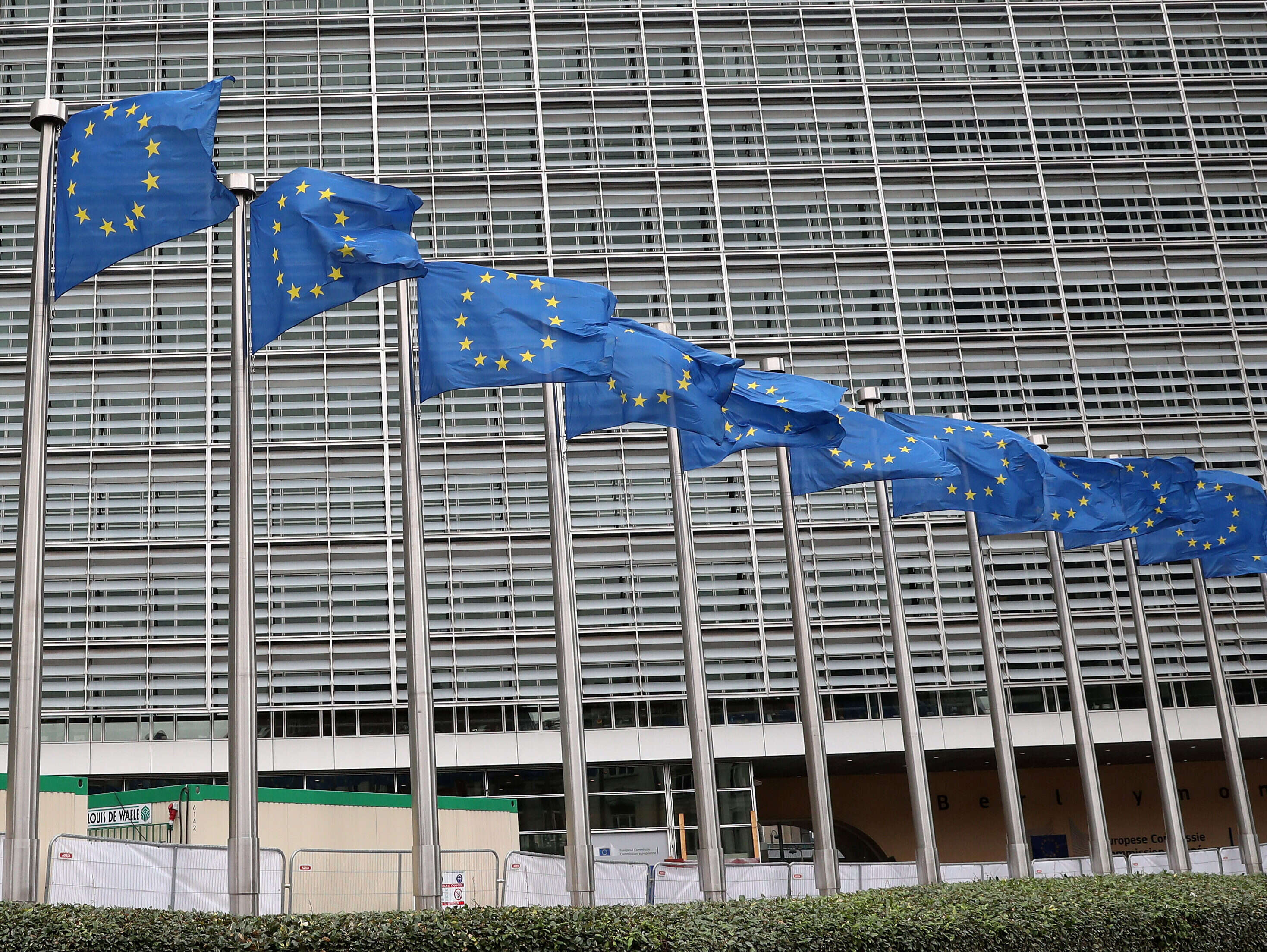
The European Commission has taken the first step towards establishing a new digital platform to help coordinate the fight against disinformation.
The European Digital Media Observatory hub will mean fact-checkers and academic researchers can bring together their work and collaborate with media organisations and media literacy experts.
The Commission said it would be the “first core service of a digital platform to help fight disinformation in Europe”.
The Commission defines disinformation as “verifiably false or misleading information created, presented and disseminated for economic gain or to intentionally deceive the public”.
This is different to misinformation, which has been defined by the UK Government as “inaccurate or misleading content” without the intention to deceive.
The European Commission said the new platform will enable media practitioners, teachers and citizens to access information aimed at increasing awareness of and building resilience to disinformation.
It will also play a part in supporting policymakers’ decisions on the issue.
The observatory is also due to help design a framework through which researchers will be able to securely access platforms’ data, helping them better understand disinformation.
A call for tenders of up to €2.5m for the creation of the hub launched last week and will run until 16 December.
In December last year the European Commission published a detailed action plan on fighting disinformation focusing on four key aims.
They were: improving detection, coordinating responses, working with online platforms and the wider industry, and raising awareness and empowering citizens to respond to disinformation.
The Commission said this involved a commitment of “concrete actions” to help fact checkers and researchers understand and discover sources of disinformation.
The observatory is therefore intended to “network together independent national multidisciplinary teams”.
Last month the Commission said it had implemented a self-regulatory code of practice against disinformation with the major online platforms.
It has also developed a Rapid Alert System to coordinate responses to disinformation and share insights between EU member states.
Picture: Reuters/Yves Herman
Email pged@pressgazette.co.uk to point out mistakes, provide story tips or send in a letter for publication on our "Letters Page" blog
